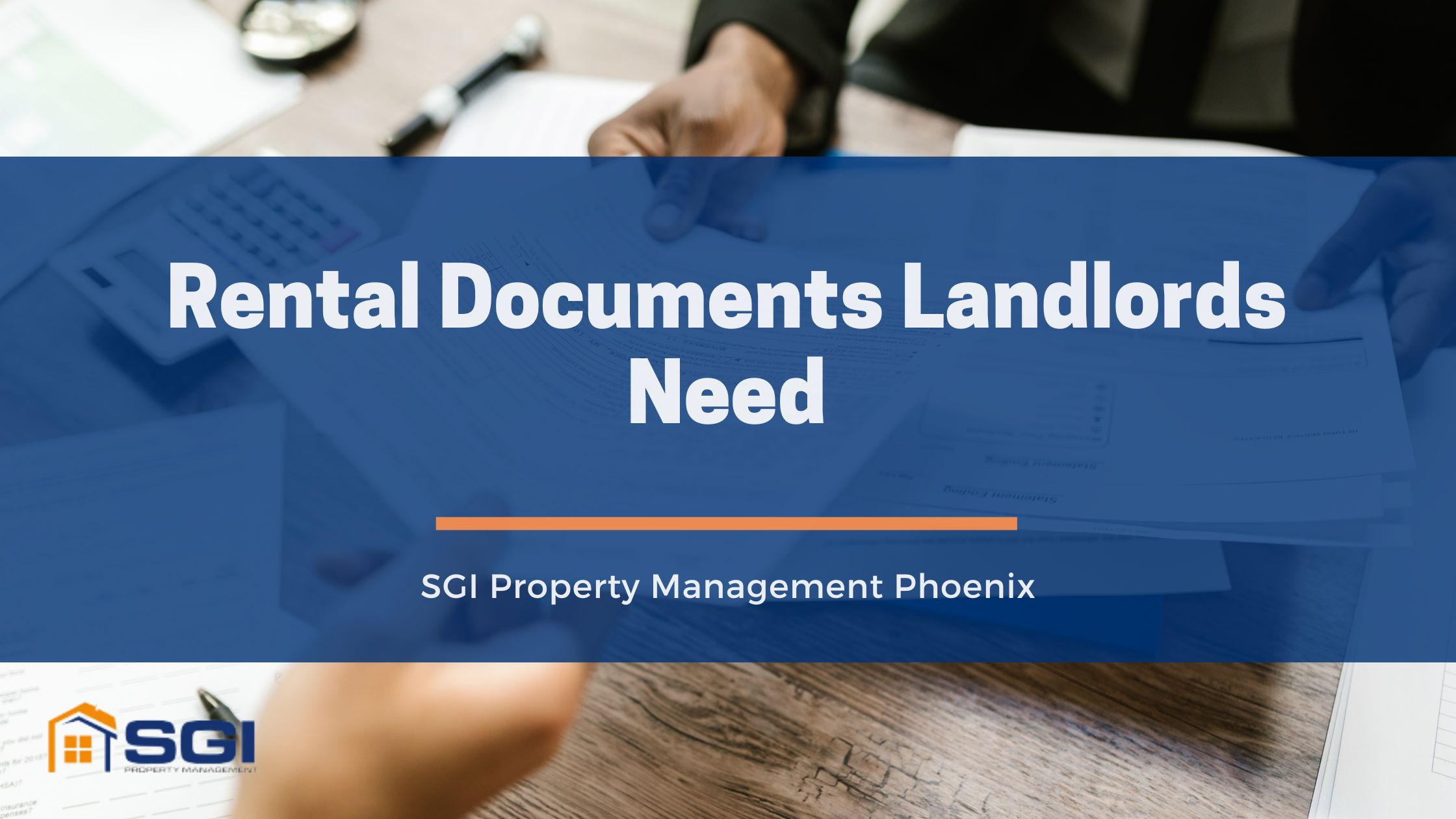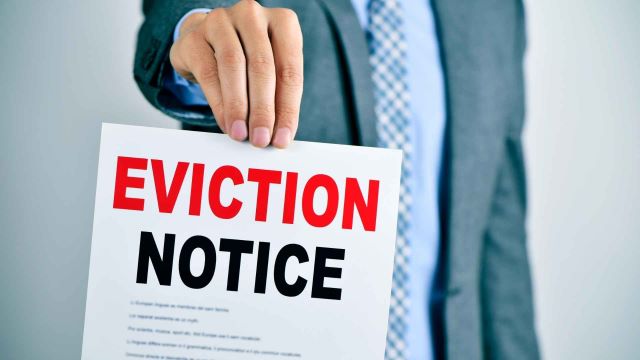
Renting out a property can be a lucrative investment for property owners. It also comes with its fair share of responsibilities.
As a landlord, you have a duty to provide your tenants with a safe and comfortable living space while protecting your property and financial interests. To achieve this, it’s important to have the necessary rental documents in place.
These documents protect your interests and ensure you comply with state and federal laws and regulations. Rental documents provide a clear understanding of the expectations and responsibilities of both the landlord and the tenant, which can help prevent disputes and legal issues.
This article will discuss the various rental documents landlords need and their importance in ensuring a successful rental property.
Lease Agreement
A lease agreement is a legally binding document that outlines the terms and conditions of the rental agreement between the landlord and the tenant.
The lease agreement includes key details such as the rent amount, payment due dates, security deposit, and lease duration. Additionally, it contains clauses about utilities, late fees, subletting, and the maintenance and repair of the property.
A lease agreement protects both the landlord's and the tenant's interests and provides a clear understanding of the expectations for the tenant during the rental period.
The lease agreement should clearly define the obligations of both parties, including the landlord's responsibility to maintain the property and the tenant's responsibility to pay rent on time and maintain the property.
It’s important to ensure that the lease agreement complies with state and local laws and regulations. Additionally, the lease agreement should specify the consequences of violating any of its terms, including eviction.
Rental Application
A rental application is a form a landlord requires a potential tenant to complete. The application should include the tenant's personal information, employment history, income, rental history, and references. Running a background and credit check on potential tenants is also important to ensure they’re reliable and can pay rent on time.
The rental application helps landlords decide who to rent their property to and minimizes the risk of problematic tenants. It’s crucial to ensure that the rental application complies with Fair Housing laws, prohibiting discrimination based on race, gender, religion, and national origin.
Move-In/Move-Out Checklist
A move-in/move-out checklist is a document that records the condition of the property before and after a tenant's occupancy. Before the tenant moves in, it’s important to document any existing damages, normal wear and tear, or missing items.
Similarly, after the tenant moves out, the move-in/move-out checklist should document any new damages, wear and tear, or missing items.
The move-in/move-out checklist helps protect the landlord's security deposit and provides evidence of tenant damages or missing items that may need to be repaired or replaced.
It’s important to ensure that the move-in/move-out checklist is comprehensive and accurately reflects the property's condition.
Security Deposit Agreement
A security deposit agreement is a document that outlines the terms and conditions of the security deposit, including the amount, how it’ll be held, and the conditions for its return.
The security deposit protects the landlord against damages caused by the tenant or unpaid rent.
The security deposit agreement should specify the conditions for withholding the security deposit, such as unpaid rent, damages beyond normal wear and tear, or cleaning fees.
It’s crucial to ensure that the security deposit agreement complies with state and local laws and regulations, as some jurisdictions have specific requirements for security deposits.
Late Rent Notice
A late rent notice is a document that notifies the tenant that their rent payment is overdue. The late rent notice should include the amount owed, the due date, and any late fees that may apply.
The late rent notice allows the tenant to rectify the situation and pay the rent owed before further action is taken. It’s essential to ensure that the late rent notice complies with state and local laws and regulations, which may specify the timing and format of the notice.
Eviction Notice
An eviction notice is a legal document that informs the tenant that they must vacate the property within a specified period. It should include the reason for eviction, the date by which the tenant must vacate, and the consequences if they fail to comply.
It’s important to follow the legal process for eviction to ensure that the landlord's rights are protected. Depending on the jurisdiction, the eviction process may involve filing a lawsuit, attending a court hearing, and obtaining a court order.
It’s crucial to ensure that the eviction notice complies with state and local laws and regulations, which may specify the timing and format of the notice.
Disclosure Forms
Disclosure forms are documents that disclose important information about the property to the tenant. This includes information about lead paint, mold, asbestos, and other environmental hazards.
Disclosure forms are necessary to comply with state and federal laws that require landlords to provide this information to tenants before they move in.
It’s important to ensure that all necessary disclosure forms are provided to the tenant before they sign the lease agreement. Failure to provide required disclosures can result in legal consequences for the landlord.
Maintenance Request Form
A maintenance request form is a document that tenants use to request repairs or maintenance for the property. The form should include the tenant's contact information, a description of the problem, and the date of the request.
The maintenance request form helps landlords keep track of maintenance and repair requests and ensures that the property is well-maintained.
It’s important to respond to maintenance requests promptly to prevent further damage to the property and ensure tenant satisfaction.
Conclusion
These essential documents protect your interests and ensure you comply with state and federal laws and regulations.
They provide a clear understanding of the expectations and responsibilities of both parties, which can help prevent disputes and legal issues down the line.
SGI Property Management can help property owners by providing guidance and support with all aspects of property management.
Our team can help you draft and manage all necessary rental documents, allowing you to focus on what you do best. Contact us today to learn how we can help you manage your rental property!









